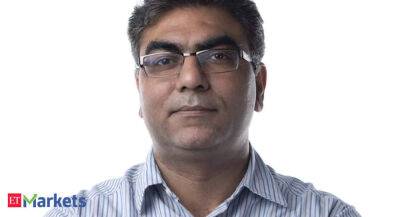What is non-domicile status and who qualifies?
A person who is registered as non-domiciled with HM Revenue and Customs does not have to pay UK tax on income gained overseas – including on company stocks or cash made from selling a second home – unless they bring their money into the UK or deposit it into a UK bank account. However, non-doms do still have to pay tax on money earned within the UK.
A person with non-dom status is someone who lives in the UK but has their permanent home outside the country. Their domicile – at least for tax purposes – is usually the country that their father considered their permanent home when they were born. That domicile may change if that person moves abroad and does not plan to go back.
Non-doms have to specifically apply for a tax exemption on foreign income of more than £2,000, meaning it is not an automatic designation for foreign-born residents or non-citizens.
The rule primarily benefits the very rich, and has allowed those claiming it to avoid paying significant sums to HMRC.
A study by the London School of Economics and the University of Warwick found that more than two-fifths of people who earned £5m or more in 2018 had claimed non-dom status at some point since 1997.
Some of the highest earning non-doms work in the film industry and sport, including famous actors, directors, producers and Premier League football players, according to the report, which also found that 22% of top-earning bankers have benefited from the scheme.
Some of the most well-known people who have reportedly claimed non-dom status include Roman Abramovich, the now-sanctioned Russian oligarch and owner of Chelsea football club, the steel tycoon Lakshmi Mittal and the media baron Lord Rothermere.
Lord Ashcroft, the multimillionaire and former deputy chairman of
Read more on theguardian.com



















![Cardano [ADA] stages a 10%+ rally but there’s something you should look out for - ambcrypto.com - city Santimentit - city Santimentif](https://finance-news.co/storage/thumbs_400/img/2022/5/6/24511_6x2.jpg)
